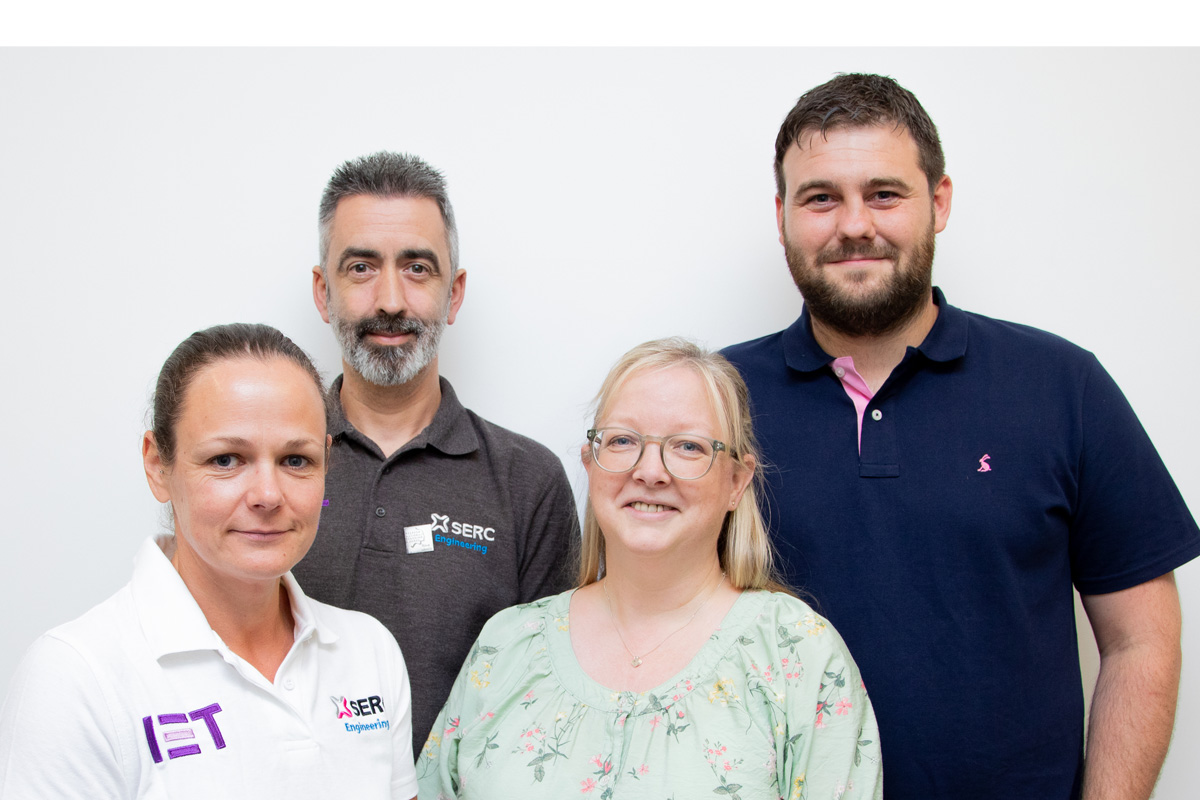International STEM Day: Sector Response

The skills gap presents a major challenge for the UK if it is to keep up with its global counterparts. Indeed, research out today has warned that Britain will struggle to fill the jobs of the future if computer science and artificial intelligence (AI) are not made part of the school curriculum.
Developing the technology at pace is key, but developing young peoples’ understanding of the technology is critical if the UK is to keep up with the rising demands for STEM skills.
Sector Response
Heather Dawe, Head of Data, UK, UST:
“With women representing only 35% of STEM higher education students in the UK, International STEM Day presents a good moment to discuss how we can encourage more women into choosing STEM subjects and careers. This is particularly urgent as we continue to face a tech skills crisis with demand massively outstripping supply.
“Firstly, we must shift our perception of viewing STEM subjects as purely technical to more creative ones that require us to imagine new solutions. Making STEM subjects, such as coding, compulsory will ensure all students learn how to build software and have an appreciation for how digital processes work – both critical in our digital era.
“Secondly, we need more female role models in STEM careers and more women teaching STEM subjects. The failure to address this is leading to a persistent gender imbalance. From a young age, girls are influenced by their surroundings, so showing them female role models will allow them to imagine themselves in such positions.
“Lastly, I want to highlight the importance of diverse outlooks more broadly in the way we develop technology – not only does this bring more perspectives for better problem solving, but it also helps make AI and ML algorithms more safe and unbiased.”
Séverine Trouillet, Global Affairs Director for Dassault Systèmes:
“STEM day provides an important reminder for industries to harness the next generation of talent. They will be the future scientists, engineers and programmers helping solve some of the world’s most pressing issues.
Innovation gives young talent the courage, confidence, and creativity to think of new ideas to solve challenging concerns. STEM enables students to take risks whilst developing the reasoning skills needed to achieve results. I believe strongly in providing all school students with as strong a STEM education as possible; and we must also provide young talent with the opportunity to demonstrate these skills on an ongoing basis.
For instance, we are currently inviting students to take part in finding solutions to tackle climate change using our 3DEXPERIENCE platform. These types of opportunities allow young learners the chance to display teamwork, practice their STEM knowledge and understand in greater detail what is needed to create a business case for sustainable technology.
To continue accelerating technology in sustainability, leading policymakers and businesses must continue to focus on progressing STEM education worldwide. In turn, this will upskill the next generation of talent who will play a key role in finding solutions to crucial challenges such as the race to net zero.”
Magda Wood Chief of Learning at Micro: bit Educational Foundation:
“To properly forecast how STEM’s diversity will improve, we need to scrutinise education policy. Getting more girls into STEM is not a question of lacking the ability or enjoyment – girls continue to outperform boys academically when they do take these subjects, and our experience shows equal enjoyment. But, with a continued emphasis on high stake exams, growing budget deficits and the teacher shortage crisis creating pressure on subject funding decisions by school leadership, it is unsurprising schools are reverting focus to attainment in core subject areas, and that girls – who often have more choice in picking subjects at GCSE as higher academic performers – are diverted from STEM. Computing A-Level, for example, was 82% male students this year.
We know the younger we engage girls in technology, the better, and it is imperative teacher resources, hardware and software are all designed with greater inclusivity in mind. Female primary school teachers – the majority in the primary profession – are becoming positive early role models in digital skills, but our research shows a lack of confidence, skills, and resources. We can’t ignore that teacher vacancies are soaring, with computing one of the worst hit subjects at secondary level, up by 70%. If we’re to make meaningful progress toward STEM diversity, greater support and investment needs to be consistently maintained at the grassroots level in schools.”











Responses